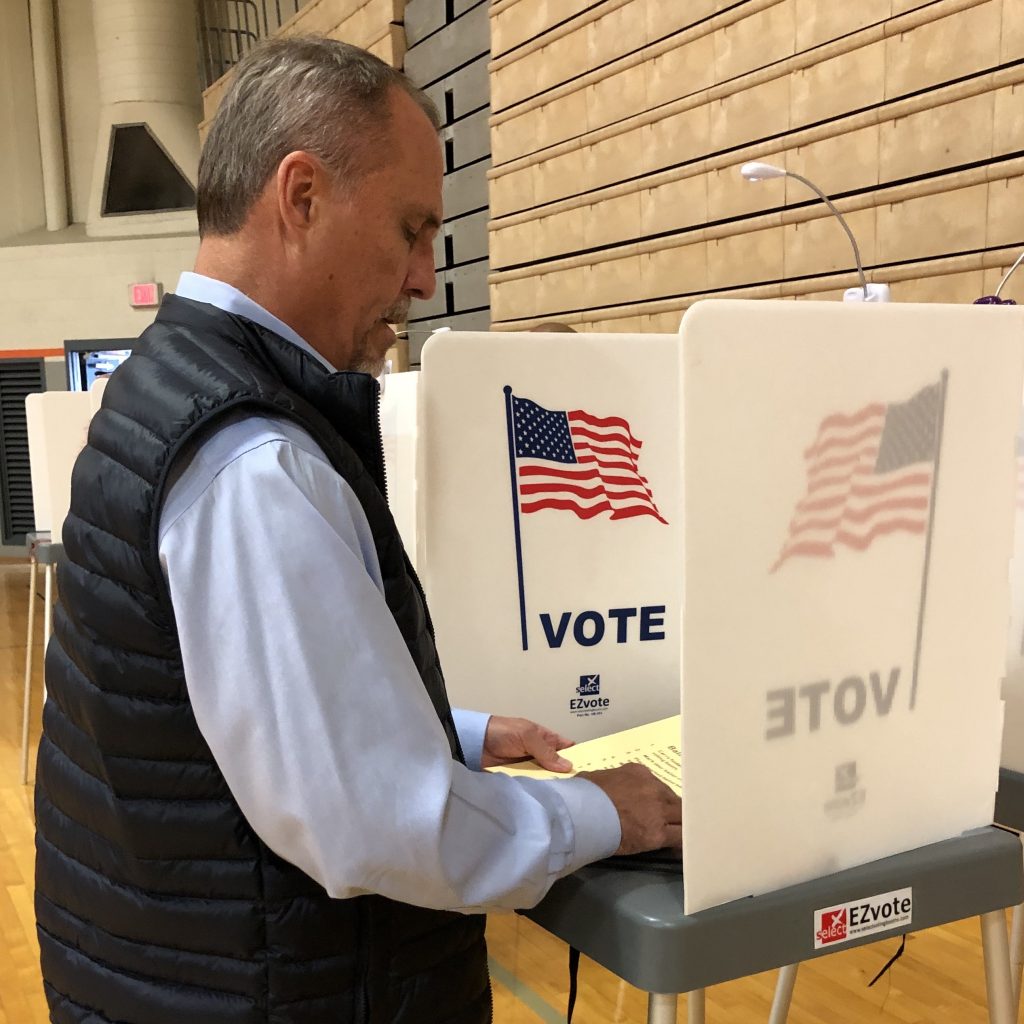Mike McGirr is a community activist living in Bristol, Virginia. He grew up on a regenerative farm in Massachusetts where he learned the fundamentals of farming and shaped his lifelong commitment to localized, equitable food systems. Mike works to dismantle barriers that have long disadvantaged farmers of color, small scale producers and under-resourced communities. He also has a degree in graphic design and has handled marketing campaigns for Fortune 100 companies. This year Mike served as the volunteer campaign manager for Cindy Green, who ran for the House of Delegates in Virginia’s 44th District, a deep red district in Southwest Virginia centered on Bristol and Abingdon, near where the Tennesse, Virginia, and North Carolina borders meet. Now he’s running to be the Chair of the Democratic Party of Virginia’s Rural Caucus. Mike joins Scott and me for a discussion of politics in rural areas, economic development in Southwest Virginia, and his ideas for organizing the Rural Caucus and local County committees to grow the Democratic Party in rural spaces and more effectively support candidates.
You can find out more about Mike and his work on Facebook at https://www.facebook.com/people/MichaelRay4VA/61583415347341/ and at www.MikeMcGirr4VA.com.
The FBL Theme music is Partners In Crime by Alexander Nakarada, downloaded at https://creatorchords.com. Music promoted by https://www.chosic.com/free-music/all/free-music/ Attribution 4.0 International (CC BY 4.0), used by a Creative Commons license: https://creativecommons.org/licenses/by/4.0/

